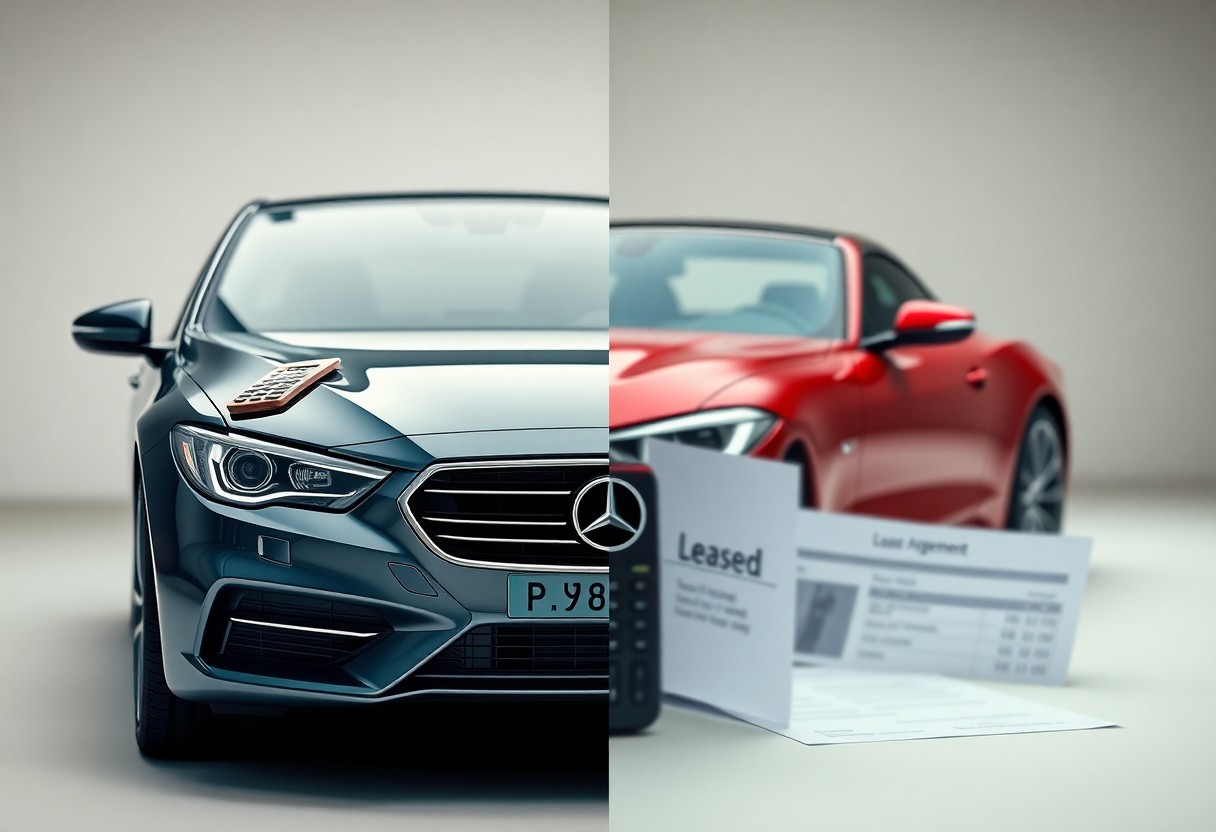With many options available for acquiring a vehicle, you may find yourself weighing the benefits of a car loan against those of leasing. Each option has its own set of advantages and drawbacks that can impact your finances. Understanding how they work will help you make a more informed decision on which method best suits your budget and lifestyle.
When you take out a car loan, you are effectively borrowing money to purchase the vehicle outright. This means that once you pay off the loan, the car is entirely yours, and you can keep it for as long as you want. Your monthly payments primarily cover the principal amount plus interest. One significant advantage of a car loan is that you can build equity in the vehicle over time. When you consider reselling it later, you might generate a notable return on your investment, especially if you maintain it well. Additionally, owning your vehicle gives you the freedom to modify it as you see fit without worrying about lease agreements.
On the other hand, leasing a vehicle usually involves lower monthly payments compared to a car loan, as you are imperatively paying for the vehicle’s depreciation during the lease term rather than its entire value. This means you can drive a newer car model for less money upfront and have the option to switch to a new vehicle every few years. However, you must adhere to mileage limits, and you will be responsible for any excessive wear and tear when returning the car. While this option may save you cash each month, keep in mind that once the lease ends, you do not own the vehicle, and you won’t reap any resale benefits.
It is crucial to analyze your driving habits when making your choice. If you find yourself driving long distances frequently or require high mileage for your daily commute, purchasing a car might be the better option as leases generally impose strict mileage limits. Exceeding these limits can result in costly penalties that can quickly eat away at the savings you hoped to achieve by leasing. Conversely, if you drive less and enjoy the flexibility of having the latest models, leasing could be financially advantageous for you.
Additionally, think about the long-term costs associated with each option. When you decide to finance a car, you’re likely to drive it for several years until the loan is fully paid off, allowing for a longer-term relationship and often lower overall costs. With leasing, while the monthly expenses may be lower, you will need to continually lease new vehicles, causing payments to stretch out indefinitely. In such a scenario, it’s imperative to evaluate your total expenditure over time.
Ultimately, the choice between a car loan and leasing boils down to your financial priorities and driving habits. Analyzing your budget, considering how often you change vehicles, and factoring in expected mileage can aid you in determining the best financial decision. Whether you choose to finance or lease, being informed about each option will support you in making the choice that saves you the most money in the long run.




Hey guys, i’m digging EZ777c! Pretty user-friendly, good for a quick game when you’re on the go . Take a peek for yourself!: ez777c
PHJili, man, you gotta try it! Solid games, easy to navigate, and the wins are pretty sweet. My go-to spot these days. Check it, you won’t regret it phjili.
Jilijiliph is where it’s at! Love the variety of games they have, always something new to try. Give it a shot, could be your lucky day jilijiliph.
Phljili’s got that vibe, you know? Relaxed, good selection of stuff to play, and feels pretty legit. Definitely recommend giving it a look-see phljili.